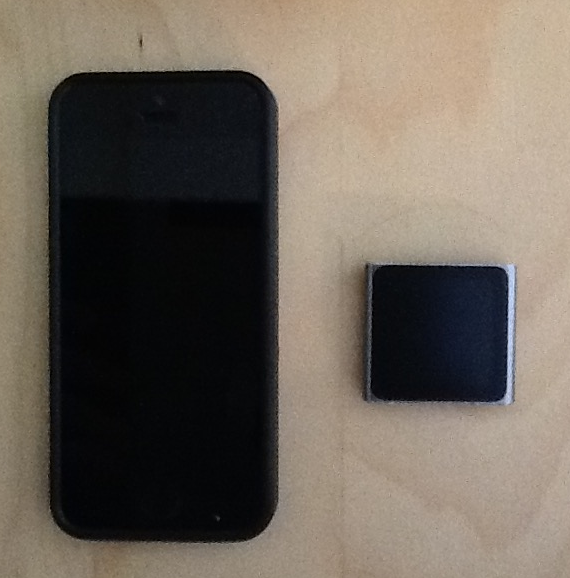.jpg)
I have had the same one resolution every year for the past five years. I think it's a good resolution. I am mindful of this resolution most every day. It's a small, manageable resolution. Every year I resolve to eat fruit every day. I honestly try to eat some form of whole fruit (fresh, frozen, juiced, blended) every single day. And, most days, I complete said resolution. I like attainable, small goals. The ones where I don't feel bad about myself if I don't complete them. Instead, I simply feel a little better (and healthier) if I do complete them. Simple enough?
But back to these 100 resolutions. Some of the resolutions on the list? Practice an instrument more (or take up a new one). I'm going to absolutely pass on this one. As much as I love music, it's not in my plans for 2015. Maybe that'll change, but I'm not setting myself up for a resolution on the last day of the year I am not simply not feeling. Only 99 resolutions left to go. Go on a blind date. Should it be with someone I don't know? Can my significant other attend as well? I think I might skip this one as well.
When did this whole resolutions nonsense begin? I'm assuming it's because many people like to wipe the slate clean on the first day of a new year. But what happens if you mess up on January 1? Do you throw in the towel and consider the entire year a failure? That's 364 days you must endure knowing you are a failure. Not striving for that broken resolution, living sad and broken. And what if the same thing happens again the next year? Another 364 days of sadness? This vicious cycle sounds awful to me.
.jpg)
Instead, I think day one of a "resolution" starts on the day you want it to begin; on the day of your choosing. Maybe I've been watching too many diet and exercise shows, but I know that the race training begins with your own personal day one, whenever that might be. For many people, I guess it starts January 1. For me, it will begin when my Vitamix blender arrives. That'll be the day I begin juicing. Unless it's not. Because maybe the item will sit unused on my kitchen counter for a month. But then one day I'll use it. And voila, thus will being my day one. With a specific activity. use Vitamix machine every day. This is actually no longer a resolution; I plan to develop a habit. A resolution is "use vitamix," but a habit is "use vitamix one time daily." There's a slight difference.
I've heard it takes 21 days to form a habit. I'm not sure this number makes sense to me. I definitely did not run for 21 straight days before I made running a habit. I cooked a lot more than 21 times; I read a lot more than 21 books. I took a gym bag with me to work about three times before it became habit. Maybe I'm ahead of the curve on this one activity?
The web is now filled with 21 day habit apps. The funniest to me is the web app 21Habit.

There's nothing wrong with writing down your goal. I also like how the day one starts when you decide it will (good minds think alike.) And I don't even disagree with the next part of the app, where you pay $21 at the beginning of the month and for every day you do said activity (or not do said activity if you are trying to quit) you receive $1 back to you.

I have heard pretty strong evidence (and seen it myself) that human behavior is stronger when a financial commitment is involved. Even if it's just $1 (although I've never seen it work for less than $5, it just might), it's frequently enough for a person to commit and follow through. What I don't understand is how the accountability works.
In my experience, accountability makes all the difference. If you don't have to answer or pay a price for something, you will (or won't) do it. It's a completely internal compass you possess. You know right from wrong (or at least you should) and will act the way only you can control. So would I use this app and then lie to get my $21 back? Depends on how badly I want to a. achieve my goal, b. have the money, and c. not feel guilty about cheating. I would venture to say that the majority of the world's population would lie and get the money back. Haven't we all fibbed once or twice before to cancel an unwanted hotel reservation or get something for free? I know I have.
But back to the 21 days. Thanks 21Habit (and 42Goals, Beeminder, Chains.cc, and Go F#^ing Do It) for organizing my resolutions and turning them in to habits. I don't think a single one of you will work. But at least Go F#^ing Do It uses accountability in its metrics.
The projected likelihood of continuing a behavior, such as meditation
But I'm back looking at the beginning of my 21 days. Okay, I'll give it a shot. 21 days of Vitamixing. But I'm not starting on January 1. I'm starting when I decide to start. I just don't know when that will be exactly. But once it is, I'm sure to form a Vitamixing habit.

Because 21 days is all it takes, right?




























.jpg)

